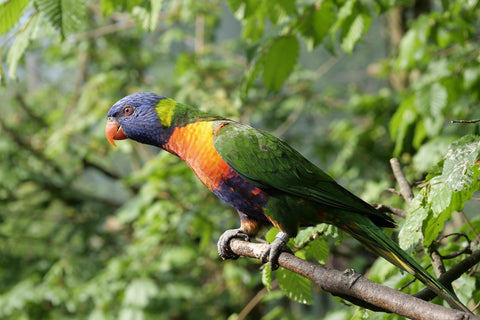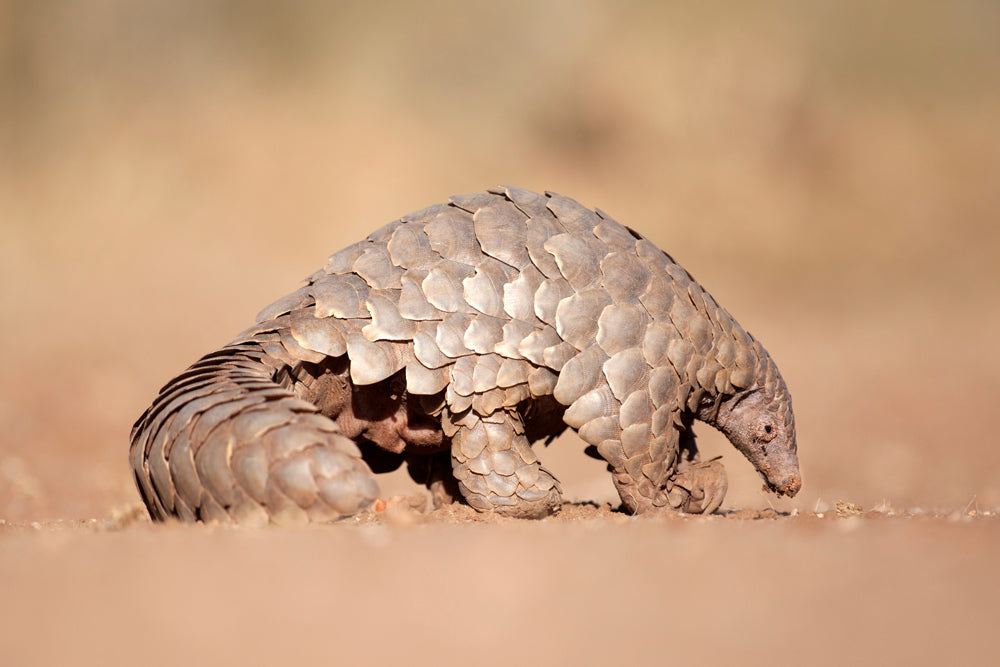Cats often have a lot to say, and their chattiness isn’t random. It can mean a lot of things! Research has identified at least 21 different vocalizations domestic cats make. What do some of the most common mean? Read on to learn!
Standard Meow

The general meows you hear around the house are actually unique cat communication for you! While kittens will meow at their mothers, adult cats don’t tend to communicate that way with other cats. They only do so with humans. A standard meow may be a greeting, a statement that they want something, concerns about changed routines, or just general chit chat, especially if they’re one of the more vocal breeds.
The Long-Winded Meow
Sometimes a meow can be insistent and drawn out. It may sound a bit like whining or a demand. That’s usually what it is. An insistent long-winded meow means your cat wants something. It may be a stern reminder that it’s dinner time, a request to go outside or to play, or a sign that they want attention. It can also be a sign of separation anxiety.
Purring
That soft, quiet rumble we all know as the purr is generally associated with a content kitty. That is usually what a purr means, that they feel happy, safe, and comfy. It can also be a self-soothing tool for cats when they’re stressed or not doing well. It’s thought to help them have more restful sleep, as well.
Chattering

Cats, especially those who live indoors, are known to make a sound sometimes called the “ekekekek.” This chattering is believed to stem from a cat’s predatory instinct, since they typically do it when watching would-be prey, like birds, outside. It may mean excitement or frustration that they can’t get to them. It’s also been suggested that it’s meant to mimic bird noises to lull them into a false sense of security before a pounce.
Caterwauling
A loud, almost painful sounding vocalization called caterwauling means a cat is ready to make babies. Females who have not been fixed make this noise when they’re in heat and want to attract mates. Unneutered males can make similar noises. Just another reason to be sure you get your cat fixed!
Hissing
Hisses, quiet noises made when a cat rapidly exhales, aren’t hard to place as a warning sign. Cats do this when they feel threatened or fearful and want the perceived threat to back off or leave their territory. If that doesn’t happen, it could lead to an attack. If you see your cat doing this and know what the object of their fear happens to be, removing it from the situation is your best bet. Hisses can also be reflective of health issues, though, if it’s unclear what their hissing is addressing. It’s also common to see a few hisses if you’ve introduced a new pet into the house. It should subside eventually, in that case, assuming you do proper and slow introductions.
Growling

The throaty rumble that can follow a hiss, the growl, it also a sign of a defensive or fearful cat. They may even be angry. This is an unmistakable warning shot to get away if you don’t want to get swiped. It’s best to give a growling cat their space and avoid picking them up. Separating them from their target is a good idea, too. That said, there are some cats who find everyone and everything irritating and just growl to grumble. Growling at food may be a sign of dental issues, as well.
Shrieking
Should the prior two vocalizations be ignored, you may hear short, intense, high-pitched shrieks. This sort of sound is made during fights that become physical, particularly between cats. It could also mean your cat has just been hurt.
Trilling
A gentler, happy sound is the trill. It sounds a bit like a more audible, higher pitched purr. This is usually a greeting from your cat. Cats sometimes make this noise to greet each other, too. It can also mean a polite request for something.
Yowling

A loud and long howl-like meow tends to mean your cat is in some sort of distress. They could be sick or hurt. If they’re older, persistent yowling could also be a sign of dementia, hearing loss, vision loss, or arthritis. Your best course when hearing this noise is to get your cat to the vet to be sure everything is okay.











